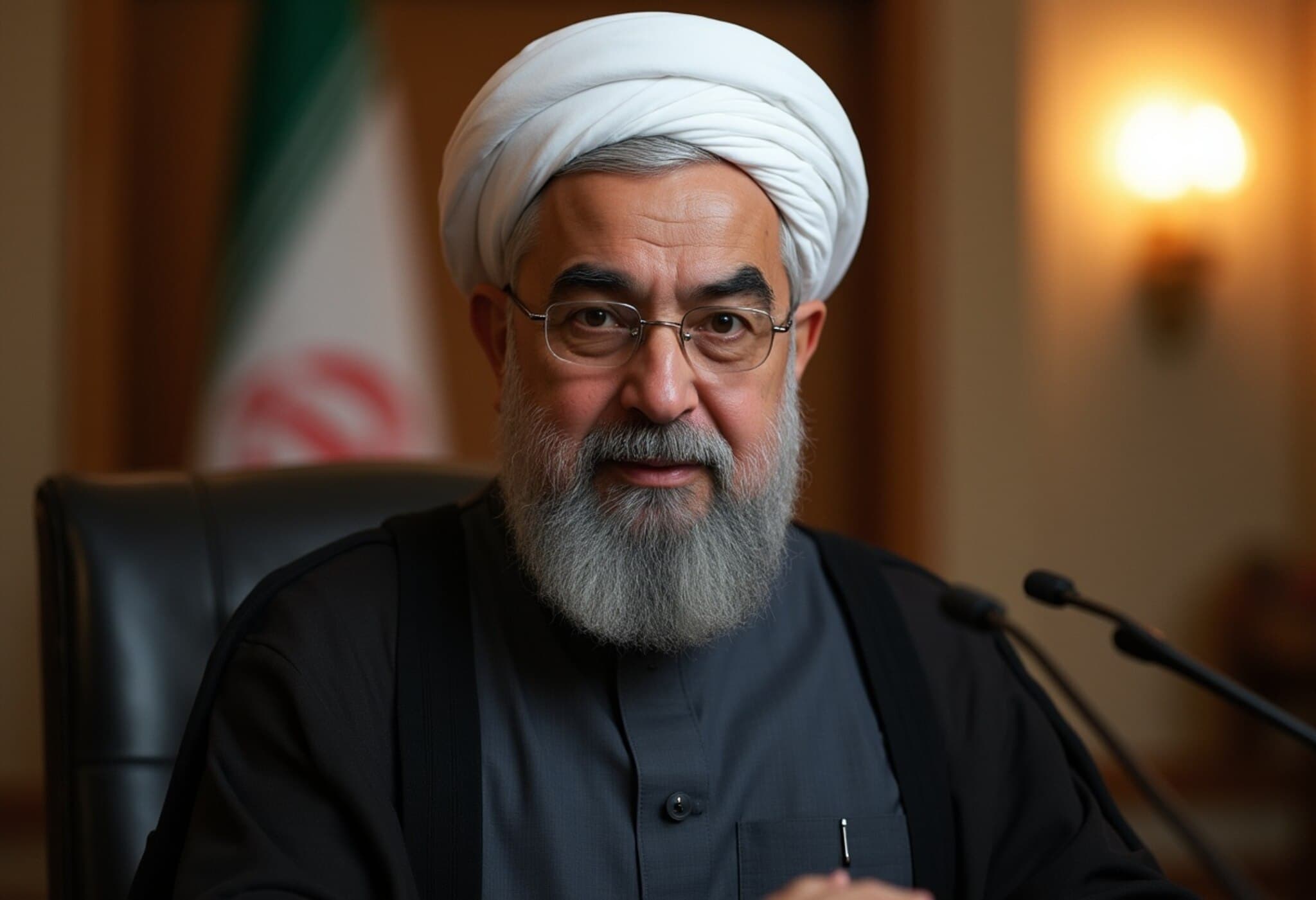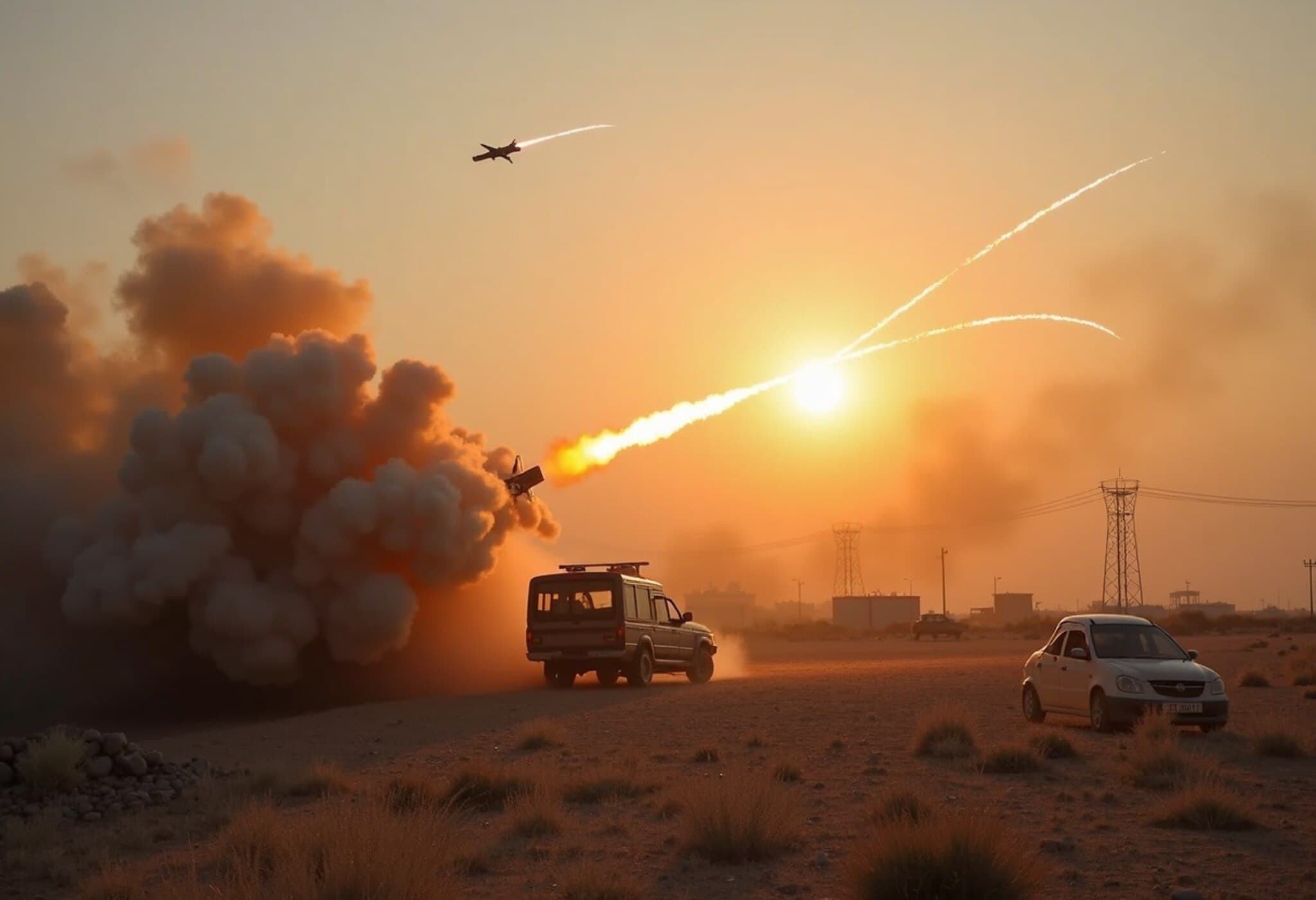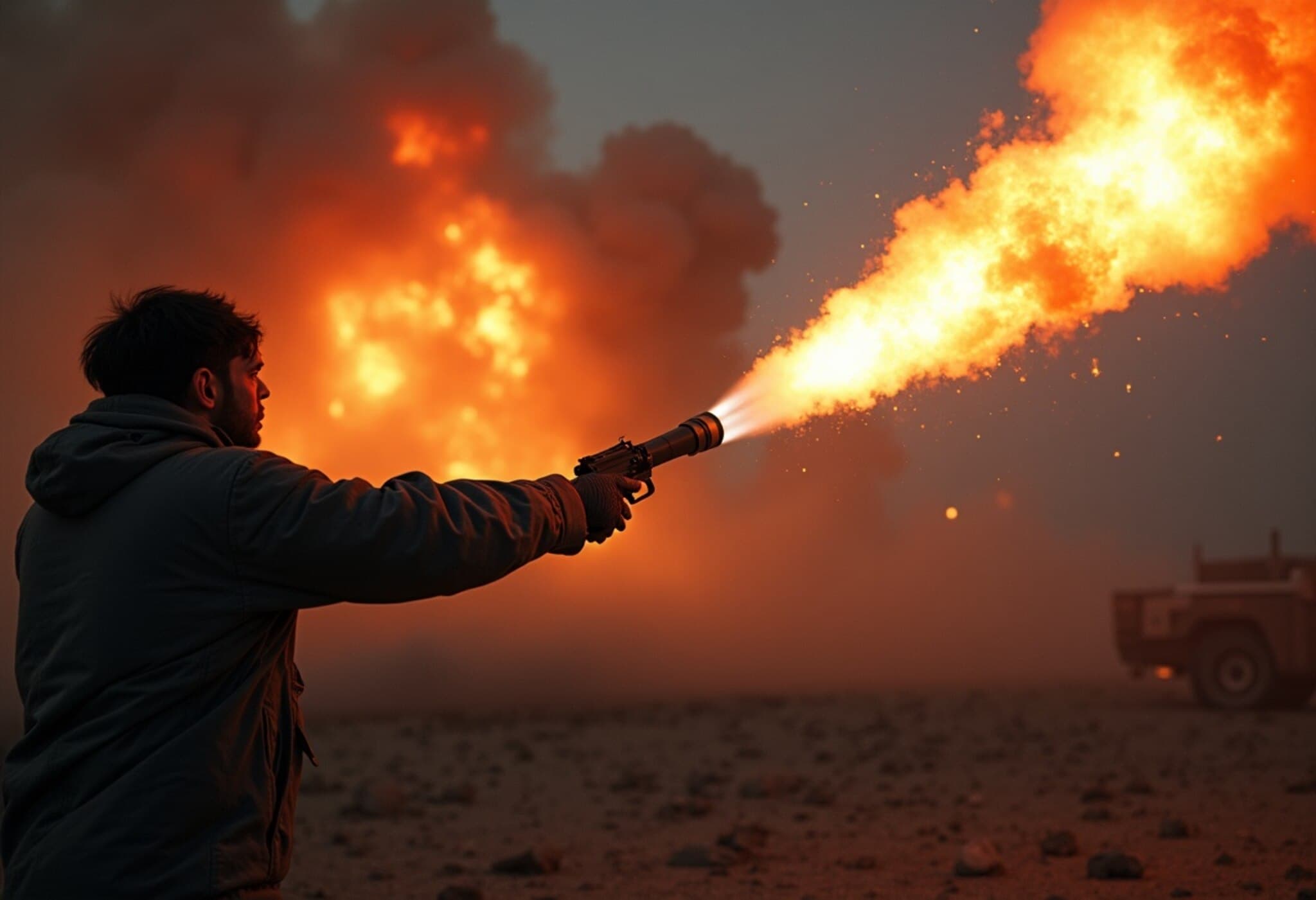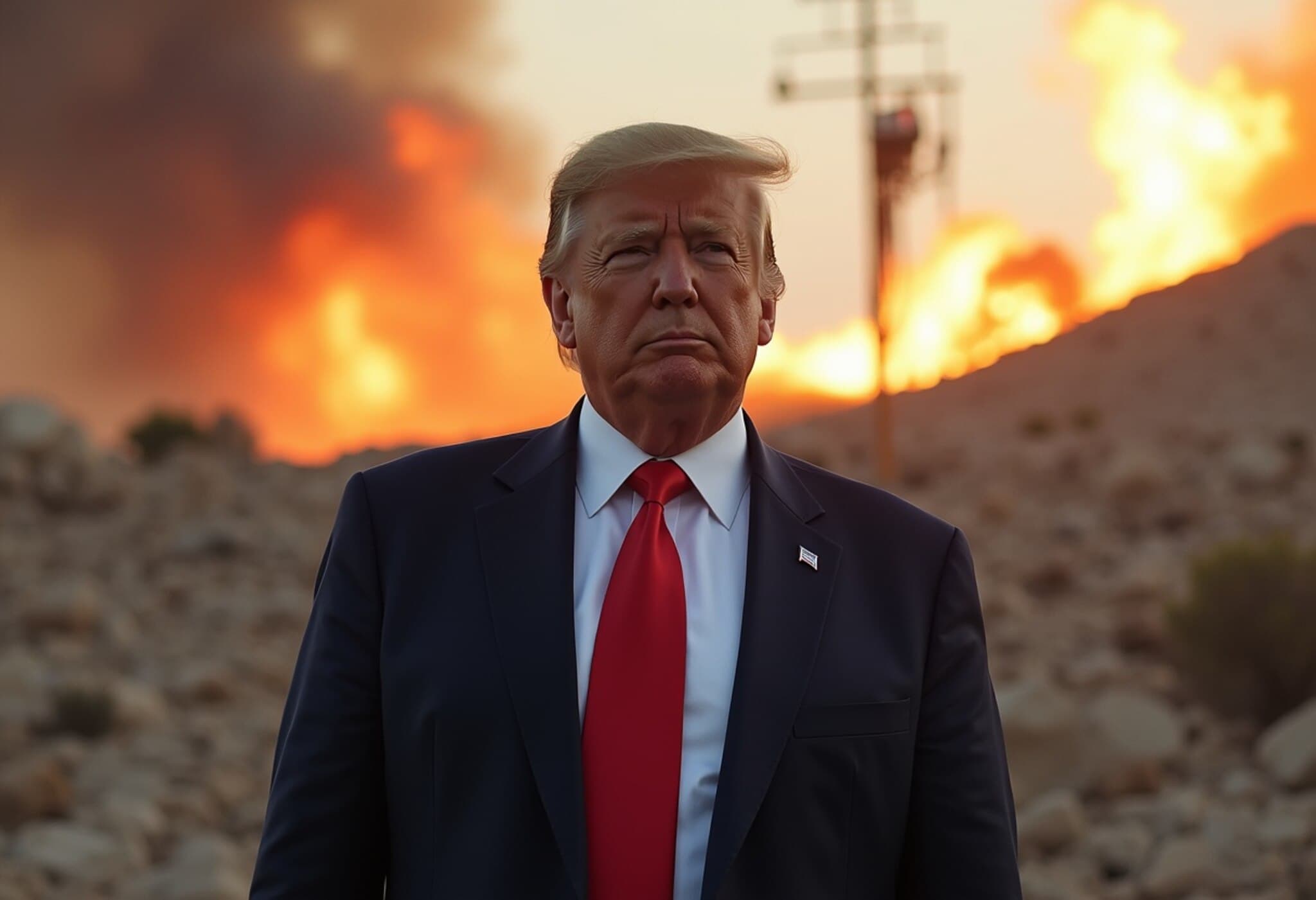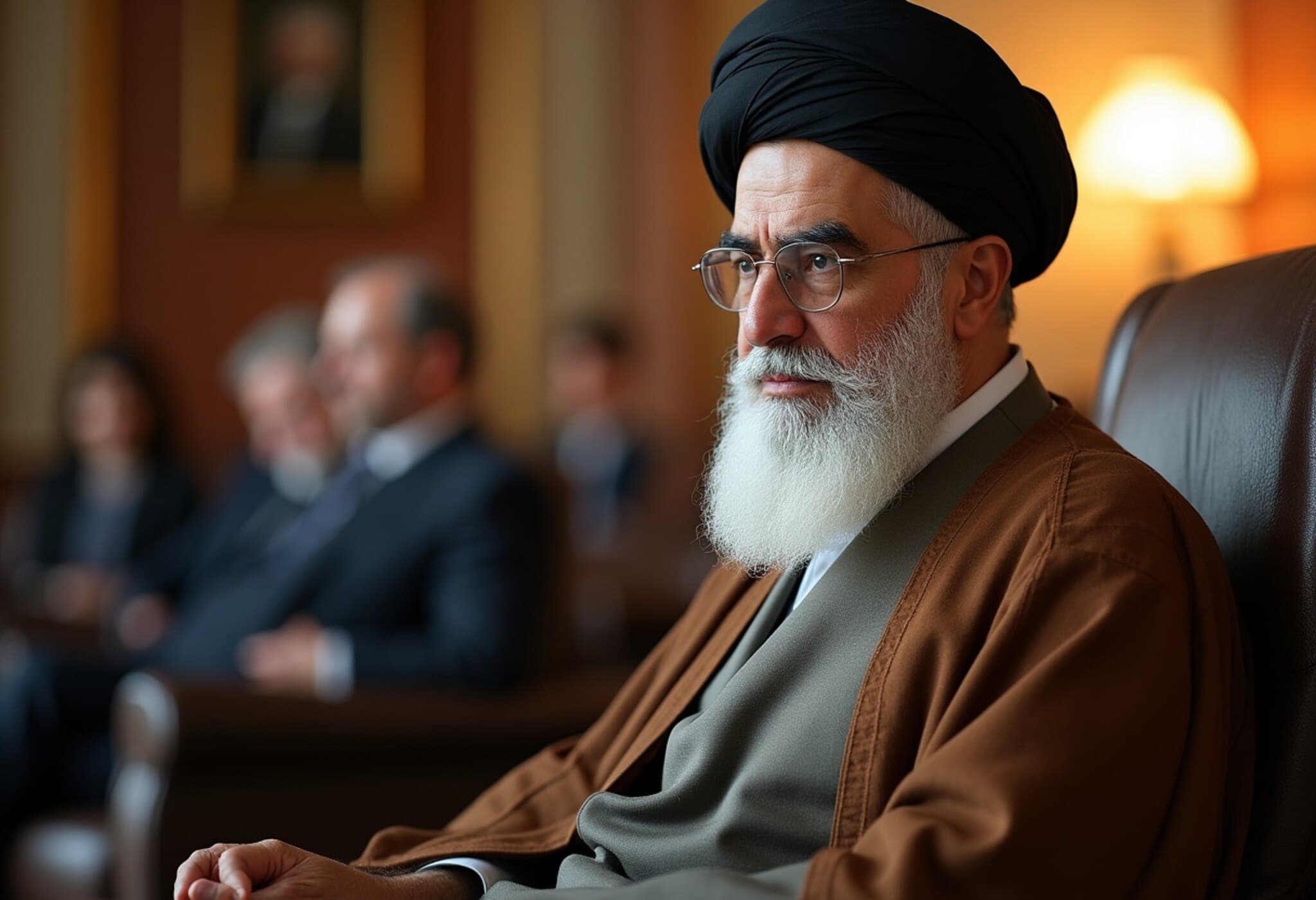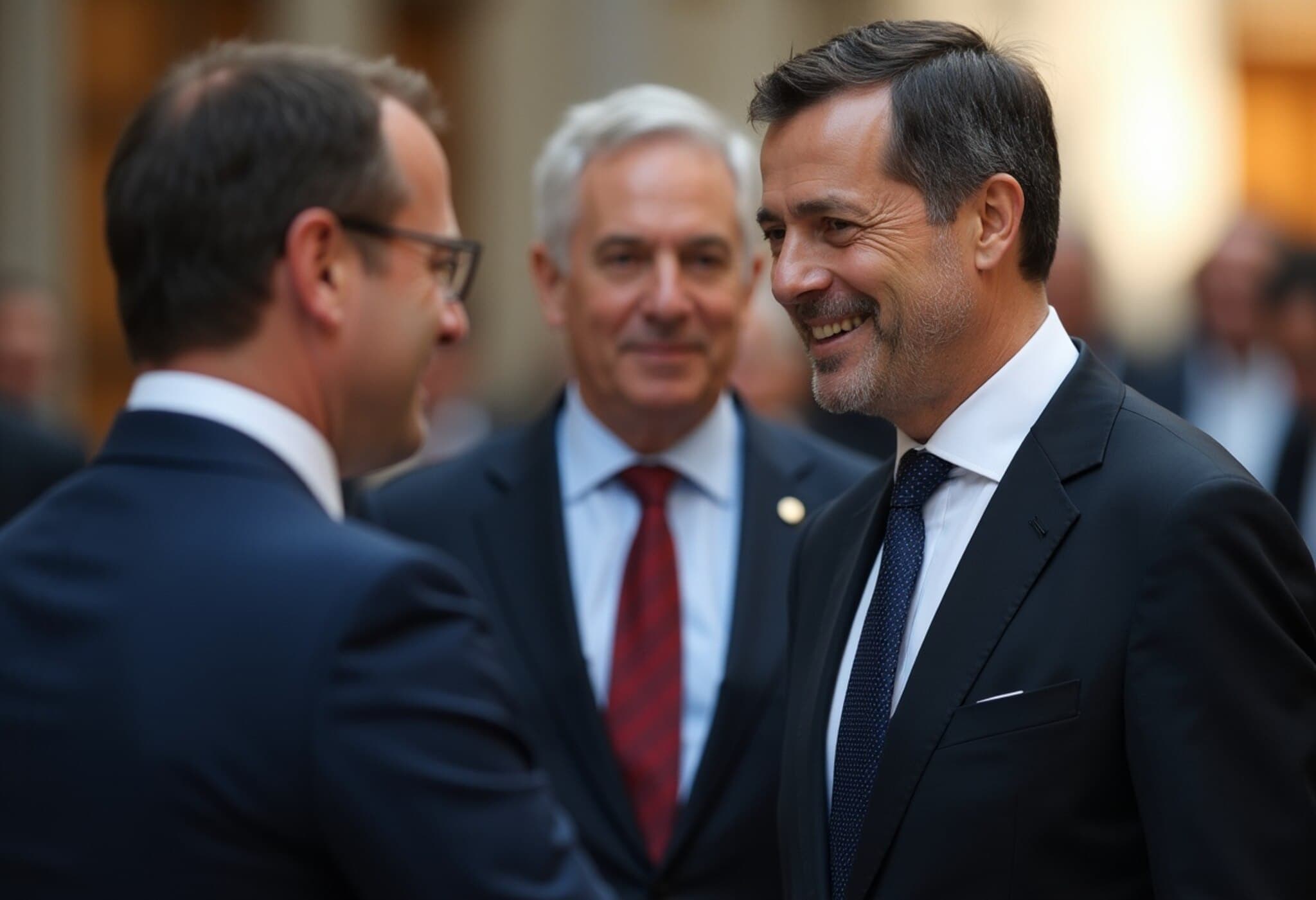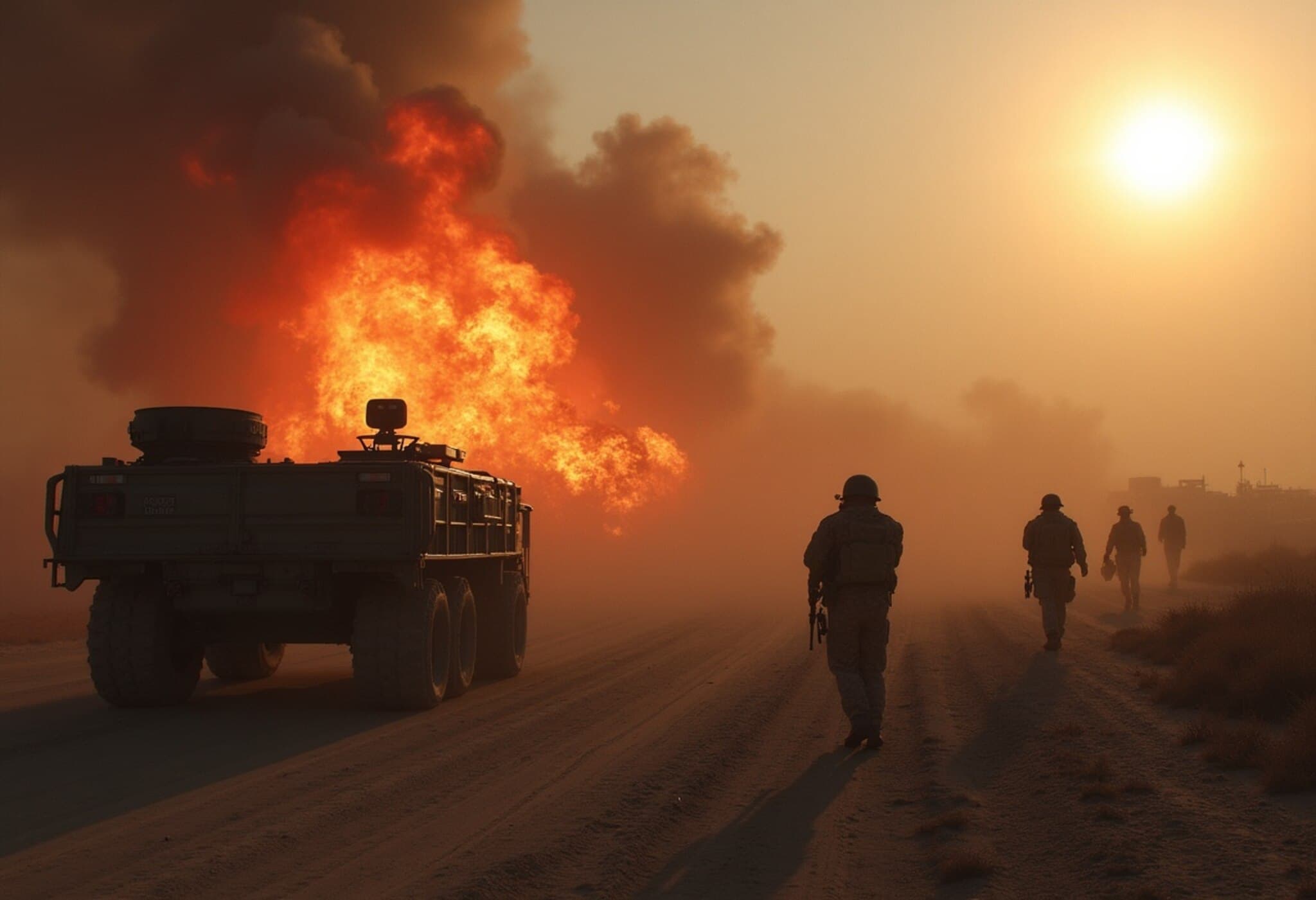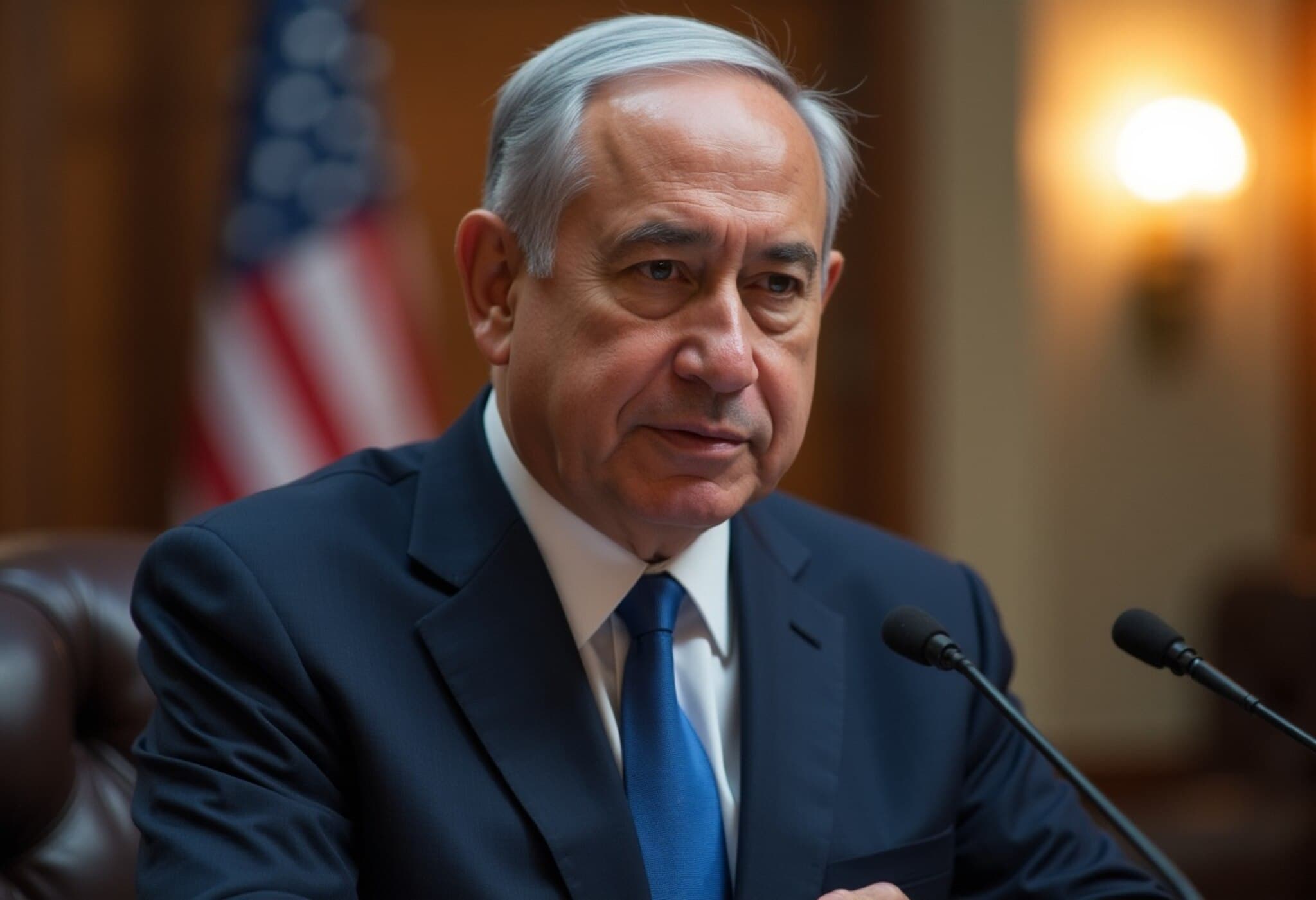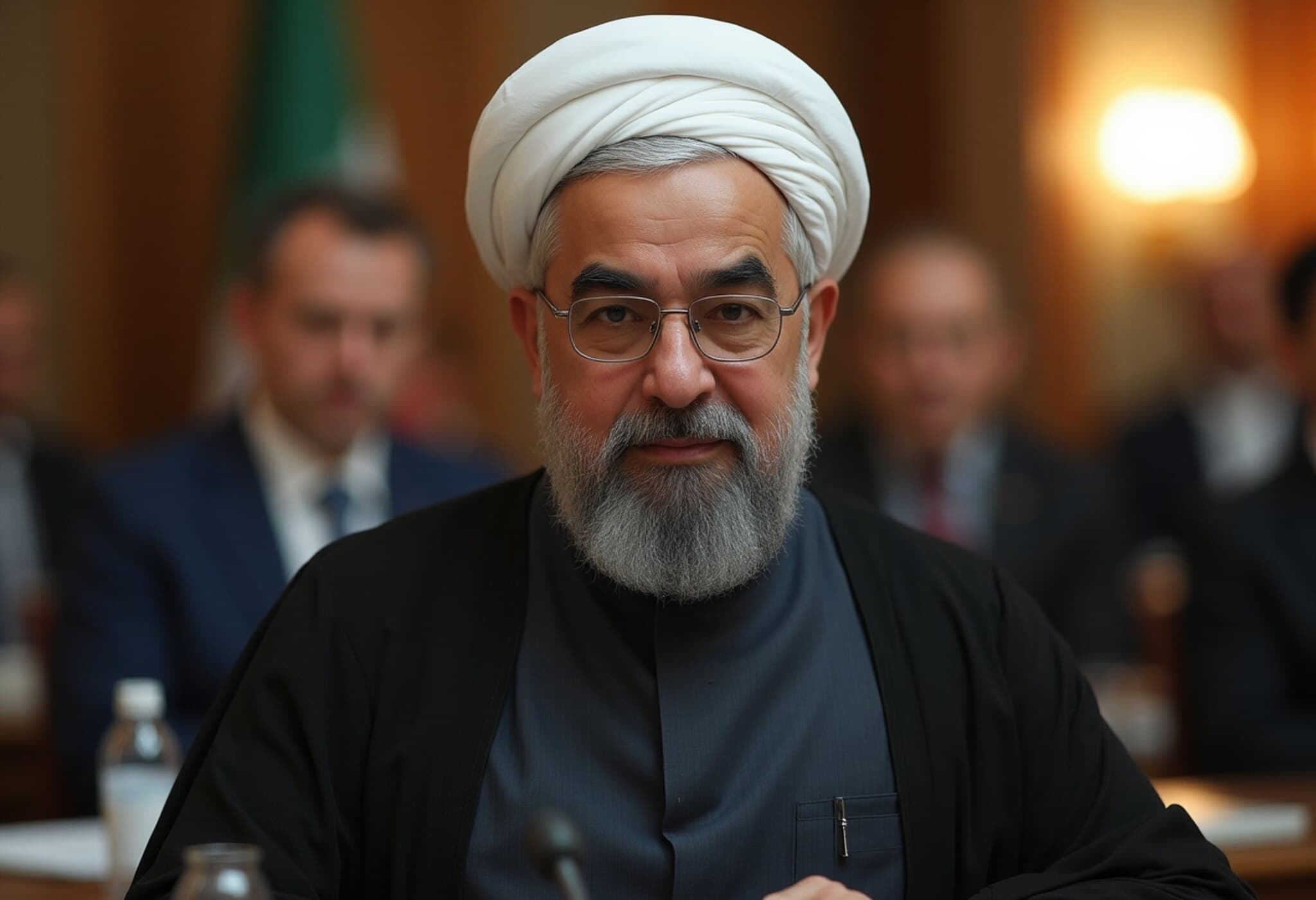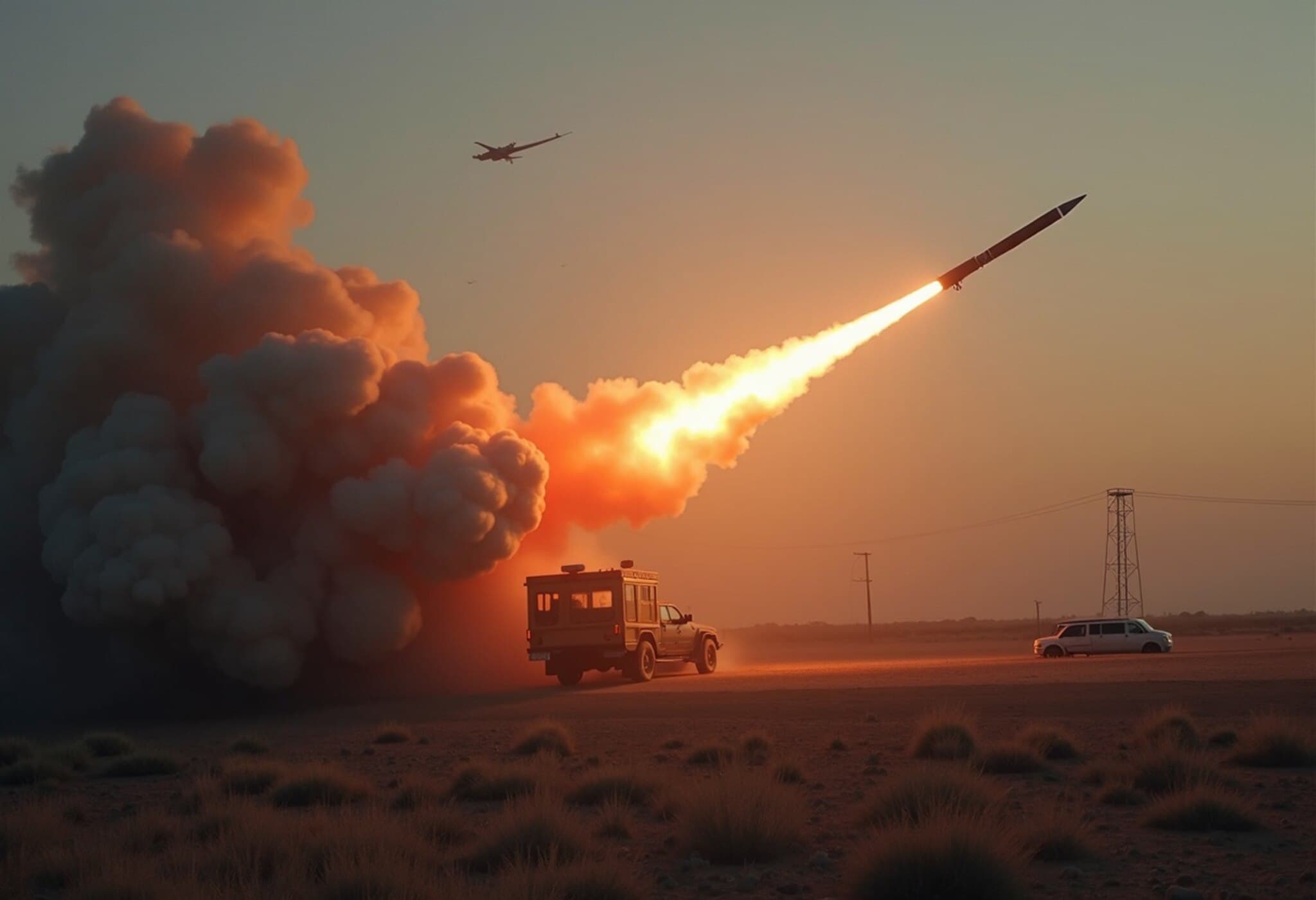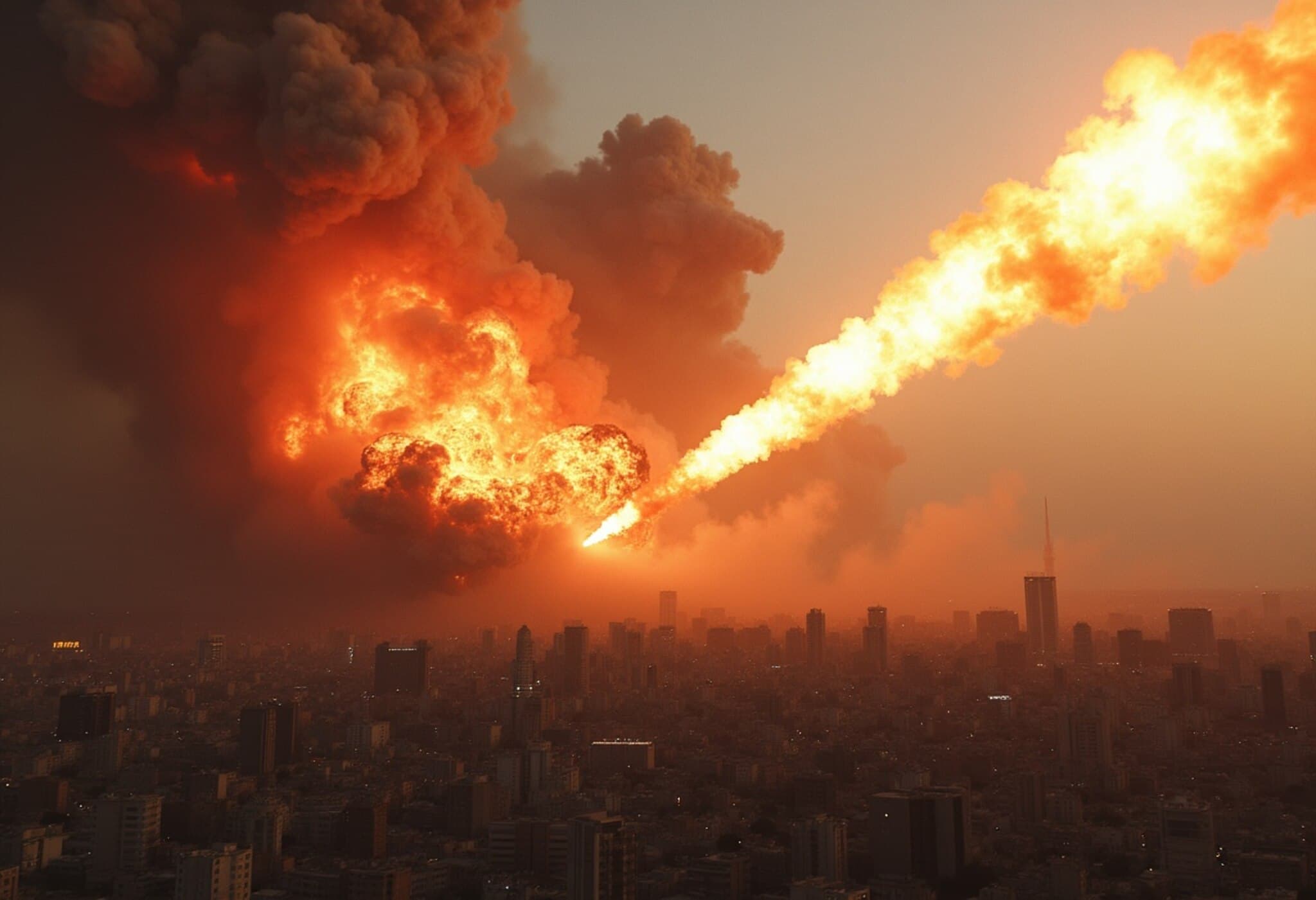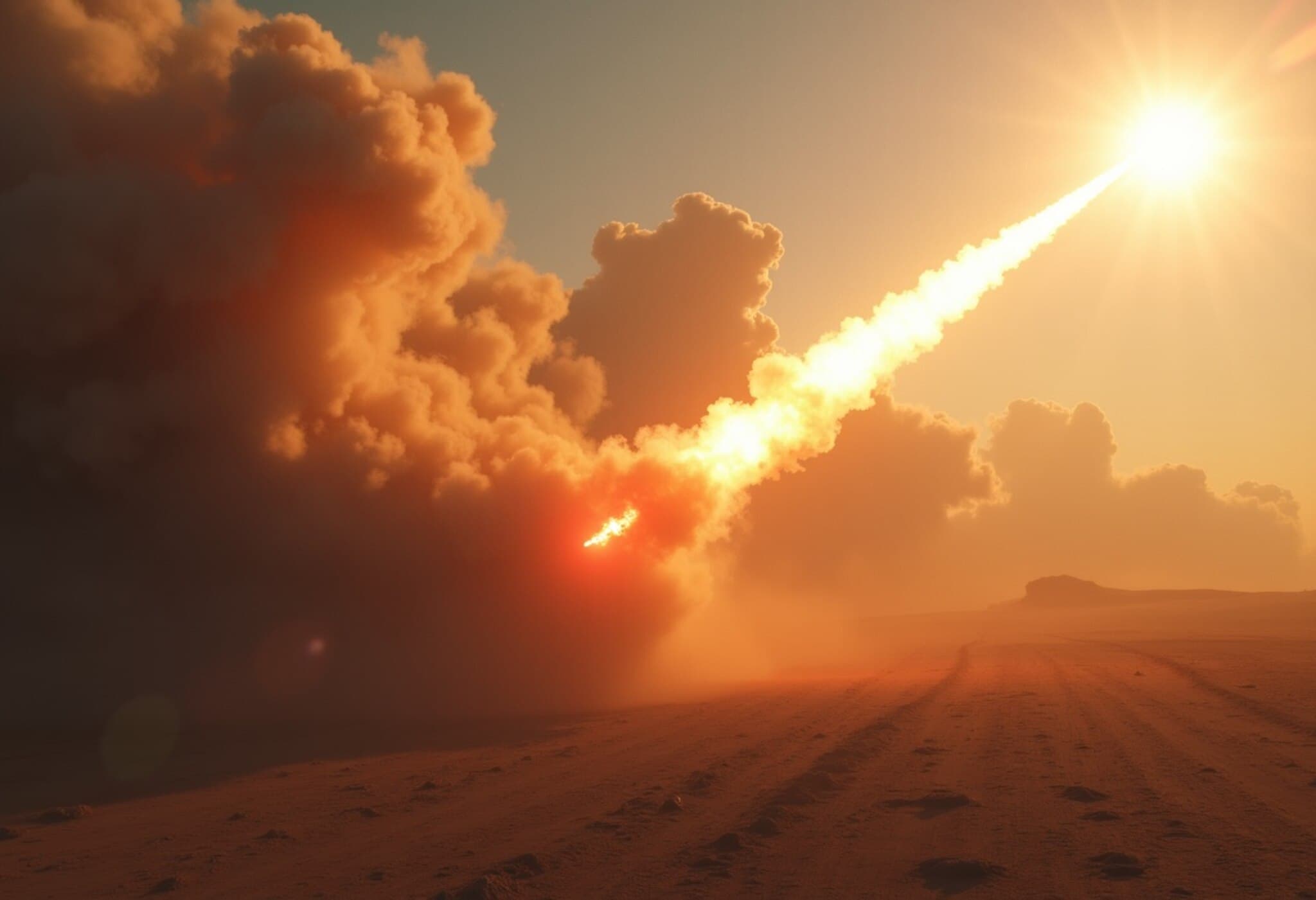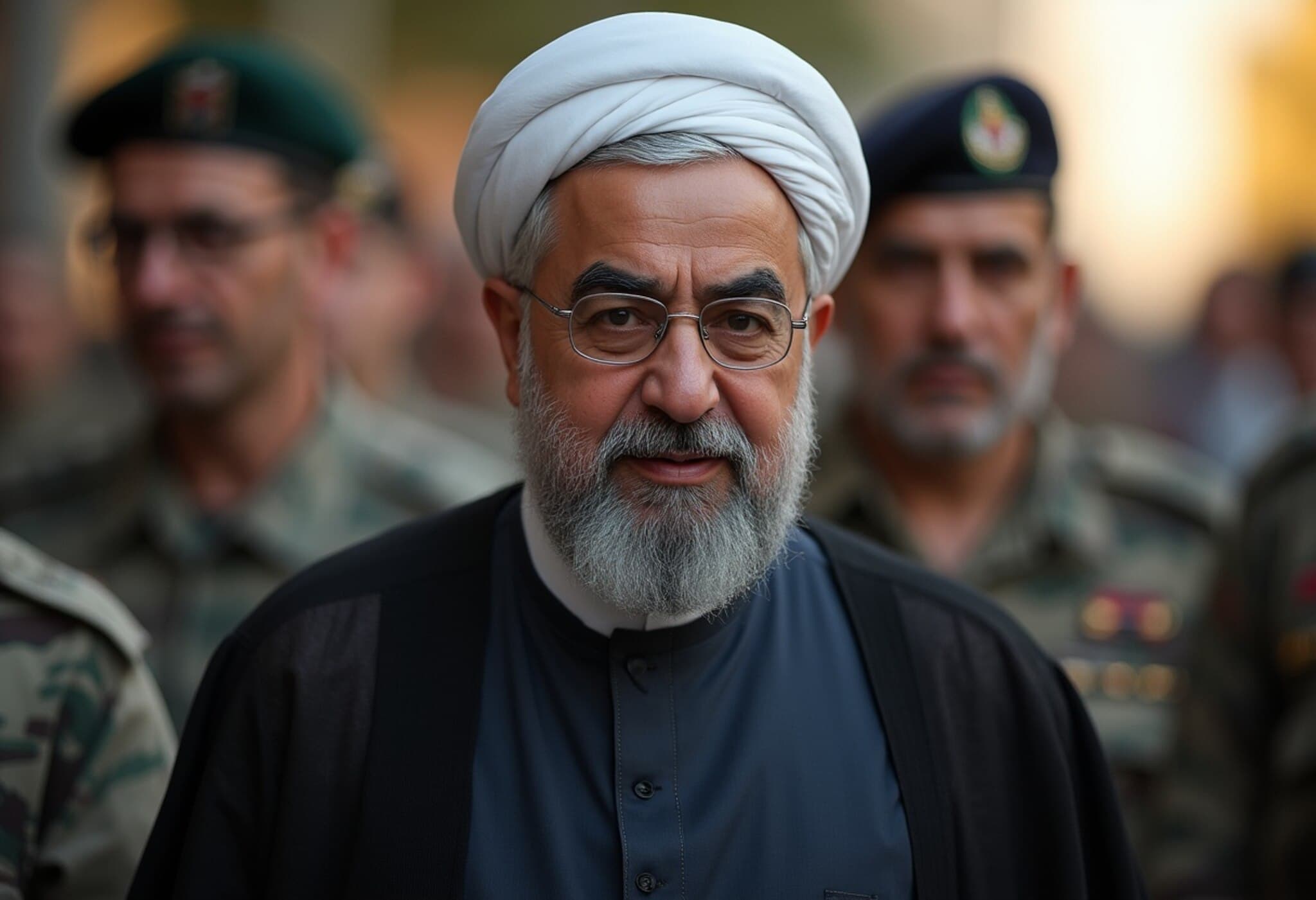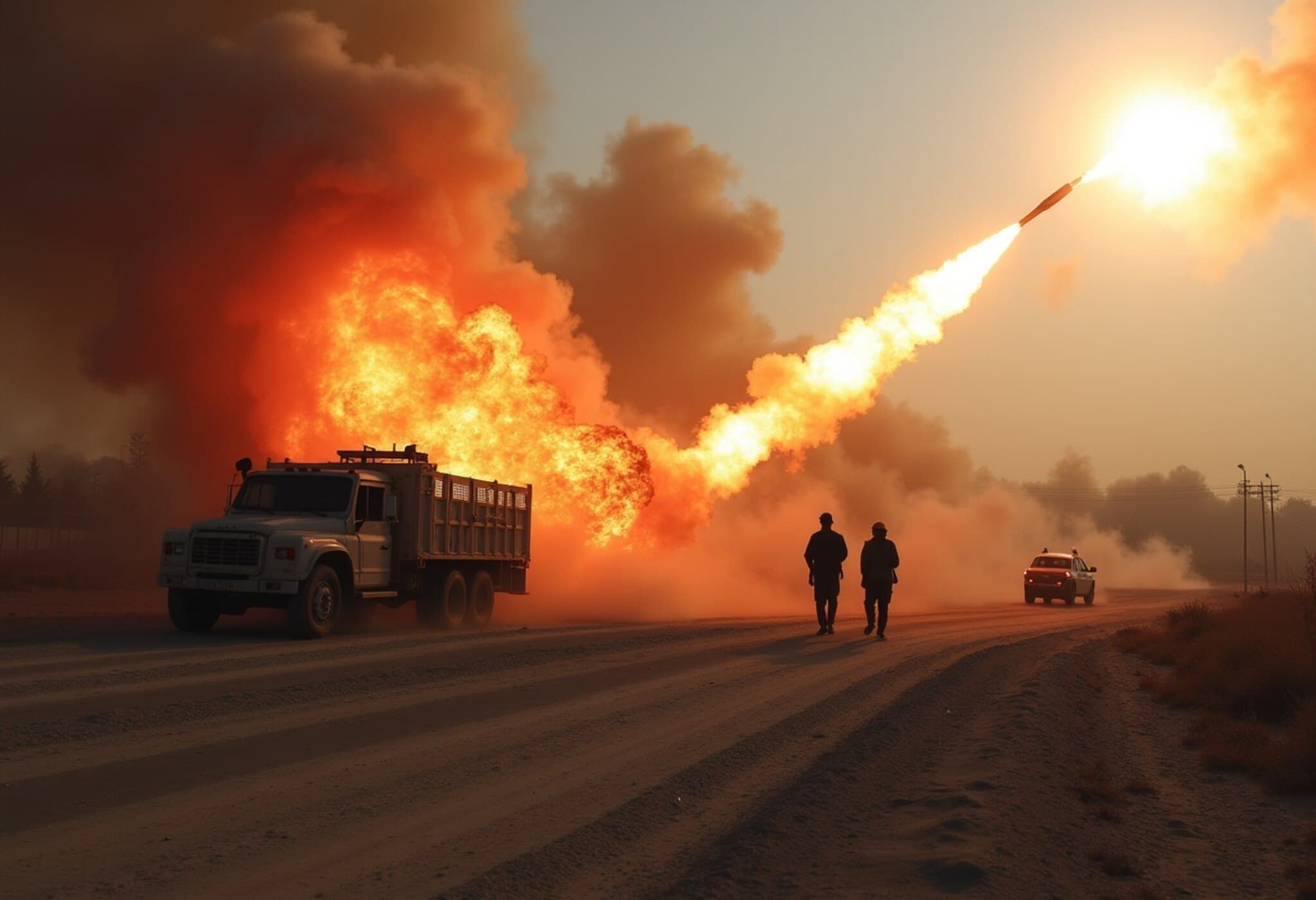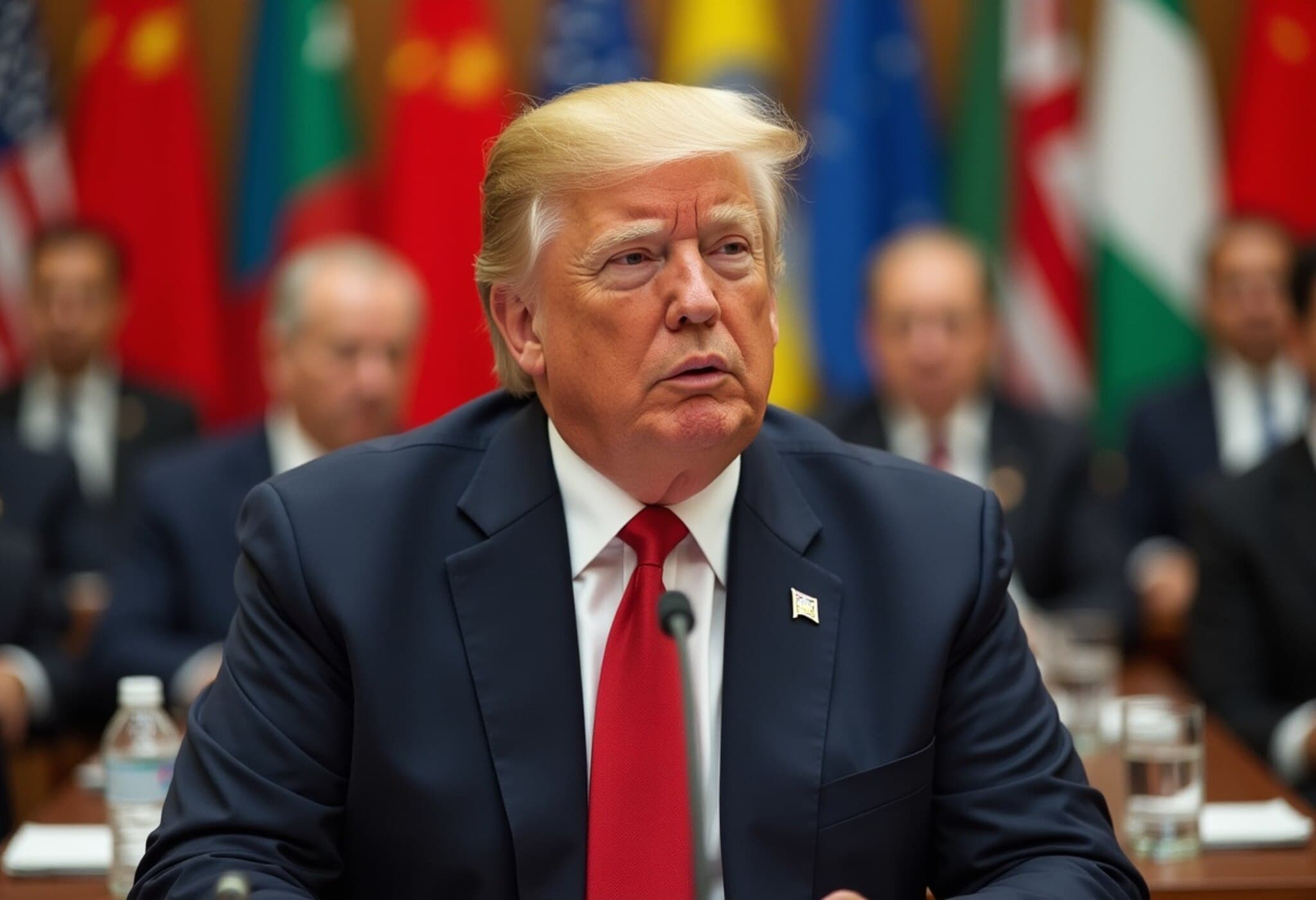Allegations of Assassination Amid Escalating Iran-Israel Conflict
In a striking interview that casts fresh light on the volatile dynamics between Tehran and Jerusalem, Iranian President Masoud Pezeshkian publicly accused Israel of attempting to assassinate him during the recent 12-day war that rattled the region. The revelation, shared with American media personality Tucker Carlson on July 7, 2025, comes less than a month after a significant Israeli-led aerial campaign targeted multiple Iranian nuclear facilities.
Backdrop: The 12-Day War and Its Fallout
The conflict, lasting from mid to late June, saw Israel, reportedly with tactical support from the United States, striking key nuclear sites including Fordo, Isfahan, and Natanz. This military action abruptly ended the momentum of delicate negotiations aimed at reviving the 2015 nuclear deal, with a fresh round of talks between Iran and Washington canceled mere days after the strikes.
President Pezeshkian asserted: "They did try, yes. They acted accordingly, but they failed." His statement directly implicates Israel rather than the U.S. in an alleged attempt to kill him amid a meeting targeted by Israeli bombardment.
Human Cost and Retaliations
- According to Iran’s Foundation of Martyrs and Veterans Affairs, the hostilities claimed the lives of at least 1,060 Iranians.
- Israel experienced retaliatory attacks via drones and missiles, resulting in 28 casualties.
Political Underpinnings and Strategic Ambitions
During the height of the conflict, Israeli Premier Benjamin Netanyahu infamously hinted at potential plans to assassinate Iran’s Supreme Leader Ayatollah Ali Khamenei, framing such an act as a possible path to ending the conflict. These comments followed reports of former U.S. President Donald Trump vetoing similar assassination proposals.
Amid these escalating tensions, Iranian authorities also claimed to have thwarted an Israeli plot to assassinate Iranian Foreign Minister Abbas Araghchi.
President Pezeshkian’s Critique of Netanyahu’s Agenda
In the interview, Pezeshkian criticized Netanyahu for driving what he described as "forever wars" in the Middle East. He cautioned the United States against becoming entangled in conflicts sparked by Israeli ambitions rather than American interests.
He urged a reconsideration of U.S. involvement, saying, "The US administration should refrain from getting involved in a war that is not America’s war, it is Netanyahu’s war."
Prospects for Nuclear Negotiations and Economic Engagement
Despite the tensions, Pezeshkian expressed conditional openness to resuming nuclear diplomacy, emphasizing the crucial need to rebuild trust between Tehran and Washington. He highlighted skepticism about the stability of negotiations under the shadow of potential Israeli military actions.
He remarked: "There is a condition … for restarting the talks. How are we going to trust the United States again?"
Additionally, Pezeshkian suggested that Iran remains receptive to foreign investment, particularly from the U.S., if economic sanctions are lifted. He noted, "There is no limitation and nothing preventing US investors to come to Iran and to make investments in Iran."
A Fork in the Road: Peace or Perpetual Conflict
Concluding his remarks with a geopolitical warning, Pezeshkian framed the U.S.’s policy choices as a critical juncture: steer the region toward peace or descend into unending conflict. He placed responsibility directly on President Donald Trump’s shoulders to either curb Israel's aggressive posture or risk being dragged into a protracted war that benefits Netanyahu’s agenda.
Expert Analysis: What This Means for Middle East Stability
From an American policy perspective, Pezeshkian’s accusations underscore the delicate balancing act faced by U.S. administrations caught between supporting an ally and managing relations with Iran. His comments reveal the persistent challenges undermining trust, which are crucial for reviving meaningful nuclear dialogue.
The alleged assassination attempt on a sitting Iranian president, if verified, also signals a dangerous escalation beyond proxy conflicts, raising profound questions about sovereignty, international law, and the risks of unintentional wider war.
For policymakers and analysts, this underscores the urgent need for recalibrated diplomacy that prioritizes transparent communication channels and de-escalation measures to avoid spiraling into irreversible conflict.
Summary
- President Pezeshkian alleges Israel tried and failed to assassinate him during the June 2025 conflict.
- The 12-day war involved historic Israeli strikes on Iranian nuclear sites, fracturing nuclear deal negotiations.
- Iran urges rebuilding trust to resume talks and welcomes potential U.S. investment if sanctions lift.
- Calls for U.S. restraint highlight tensions between Washington’s interests and Israeli security policies.
- The broader regional risk includes prolonged instability fueled by competing agendas.

